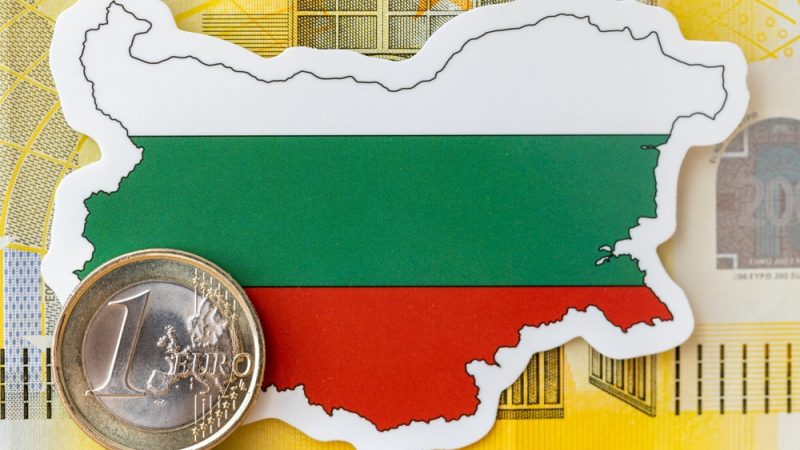Bulgarian National Bank Governor Dimitar Radev said on Thursday that Bulgaria could join the eurozone at the end of 2025, missing the previous January 1, 2025 target set by the Sofia government and the main political parties. Stated.
Mr. Radev is currently in Washington, where the spring meetings of the World Bank and International Monetary Fund are being held.
“It is possible that the country will join the eurozone in the second half of 2025, which is a more likely scenario at this stage,” the head of Bulgaria's central bank told the state news agency. BTA In an interview.
Radev also criticized the country's state budget this year, lamenting the lack of anti-inflation measures that remain the only formal obstacle to Bulgaria's bid to join the eurozone.
The Bulgarian banker added: “Global and our own experience shows that (controlling inflation) is best achieved through measures for effective management and control of spending.”
Others have also recently questioned Bulgaria's timely entry into the eurozone.
In its annual forecast published last week, UniCredit Bulgaria predicted that political instability would delay Bulgaria's adoption of the euro until 2026.
The EU's poorest country remains politically uncertain, especially as it faces another snap election and is currently ruled by a caretaker government. However, most analysts believe that Bulgaria will get the green light in 2025, but as of mid-year no country has yet joined the economic group.
Bulgaria is expected to reach the inflation benchmark by December of this year at the latest.
Bulgaria is currently one of the countries in the world that is cited as an example of a very successful currency board operation. The Bulgarian currency (leva) is pegged to the euro and has a fixed value of 1.95583 leva per euro, which has not changed for the past 22 years.
“In the Monetary Board system, the Bulgarian Central Bank has more limited options due to the lack of some of the classical instruments for controlling inflation. “The role of fiscal policy (budget) in providing for the future is becoming even greater,” Radev said, criticizing the Ministry of Finance's increased spending on social programs.
“We are investing heavily in this process and are achieving concrete results in terms of institutional frameworks, capacities and logistics. Of course, there is still a lot of work to do,” Radev said of the introduction of the euro. Speaking about the preparation process, he said that the country's central bank and Bulgaria's private banking sector are already at a very advanced stage.
(Klassen Nikolov | Euractiv.bg)


